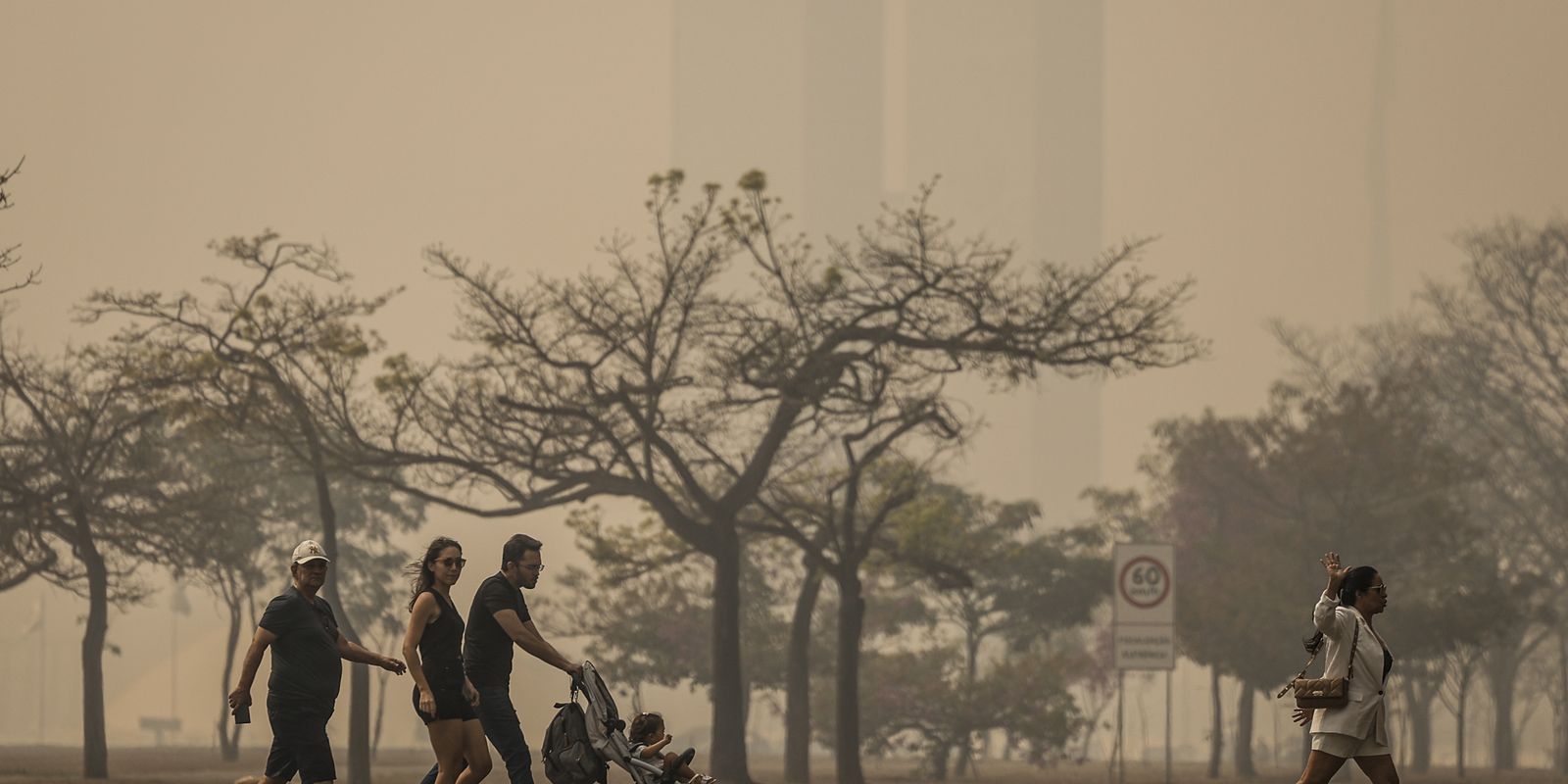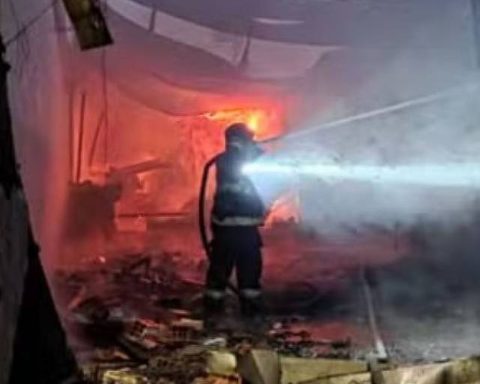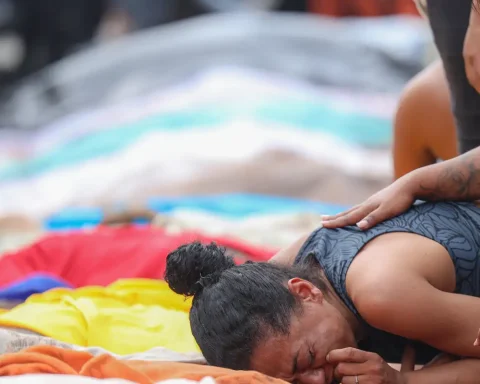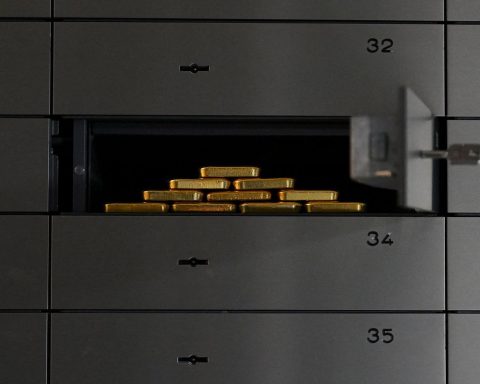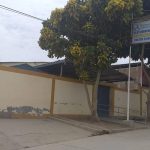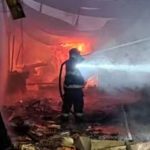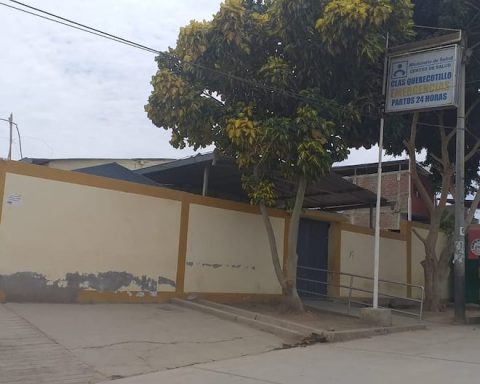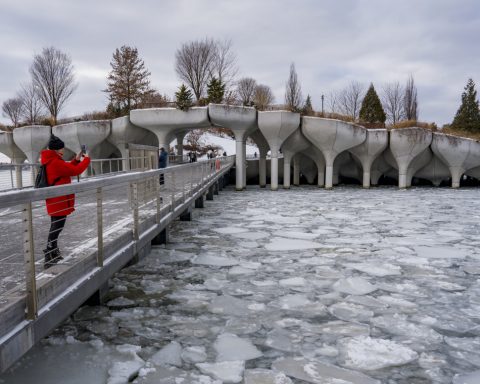In addition to the actions to combat fires that have been taking place in various regions of the country, the population needs to be informed about how to protect themselves and avoid, whenever possible, exposure to pollutants and intense smoke and fog caused by fire.
The Ministry of Health recommends increasing water and fluid intake to keep respiratory membranes moist and thus better protected. Exposure time should be reduced as much as possible, and people should stay indoors in a well-ventilated area, with air conditioning or air purifiers if possible. To reduce the entry of external pollution, doors and windows should be kept closed during times of high particle concentrations. Physical activities should be avoided during times of high concentrations of air pollutants, and between noon and 4 p.m., when ozone concentrations are highest.
It is also recommended to use surgical masks, cloth masks, scarves or bandanas to reduce exposure to coarse particles, especially for populations living near areas where fires are burning. This measure reduces discomfort in the upper airways. N95, PFF2 or P100 respirator masks are suitable for reducing the inhalation of fine particles.
The recommendations must be followed by the entire population and special attention must be paid to children under 5 years of age, elderly people over 60 years of age and pregnant women.
If respiratory symptoms or other health problems appear, the department recommends seeking immediate medical attention. “People with heart, respiratory, or immunological problems, among others, should seek medical attention to update their treatment plan, keep medications and items prescribed by a medical professional available in case of acute crises, seek medical attention if symptoms of crises occur, and assess the need and safety of temporarily leaving the area impacted by the seasonal fires,” it added.
Under the coordination of the Ministry of Health, monitoring areas that are affected by biomass burning is one of the fields of action of the Environmental Health and Air Quality Surveillance (VIGIAR) and the National Situation Room for Climate Emergencies in Health.
The data from this monitoring is sent weekly by the Ministry of Health to the states and the Federal District in the Burning Report, with guidelines to avoid exposing the population to adverse conditions.
